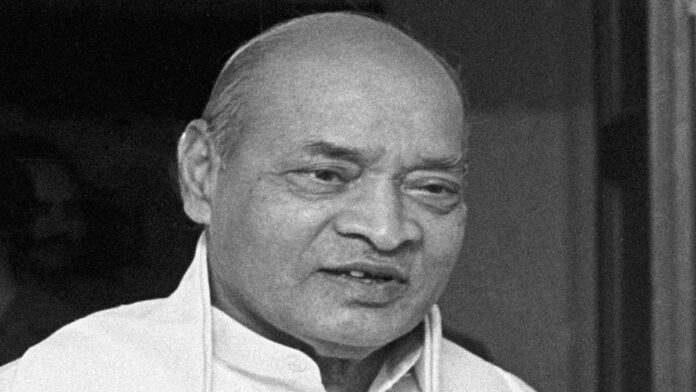Vivek Tyagi
New Delhi: In a well-calculated political move, the Modi government has bestowed India’s highest civilian honor, the Bharat Ratna, upon three distinguished dignitaries – former Prime Ministers PV Narasimha Rao and Chaudhary Charan Singh, alongside the ‘Father of the Green Revolution,’ MS Swaminathan. However, the announcement has not only sparked reactions but also fueled a political controversy.
Notably, the bold statement from P V Narasimha Rao’s grandson, NV Subhas Rao, has added fuel to the fire. Rao labeled the Bharat Ratna as a ‘slap on Congress‘ face,’ accusing the Gandhis of never respecting his grandfather. According to him, this prestigious award serves as a stark recognition of the Congress party’s failure to acknowledge PV Narasimha Rao’s contributions and legacy. He emphasized that the Gandhi family never held reverence for the former Prime Minister. These remarks have reignited discussions about Rao’s legacy and the political maneuvers of the Congress and Gandhi.
The controversy escalated when Congress leader Adhir Ranjan Chaudhary dismissed the decision with a casual ‘so what,’ triggering uproar across various platforms. His nonchalant comment, “at least someone gave the award,” indicated a dismissive attitude towards Rao’s recognition with the Bharat Ratna. This reaction from the Congress representative has invited criticism from multiple quarters, prompting a deeper examination of the controversy and its political implications.
Aishwarya Pallival’s perspective on the matter has also garnered attention, shedding light on the underlying political tug of war questioning the legitimacy and agenda behind the honor bestowed upon PV Narasimha Rao.
The announcement by the Modi government to honor former Prime Minister Narasimha Rao with the Bharat Ratna award has thus not only recognized the contributions of these notable figures but has also stirred up a political storm, showcasing the complexities of India’s political landscape.


